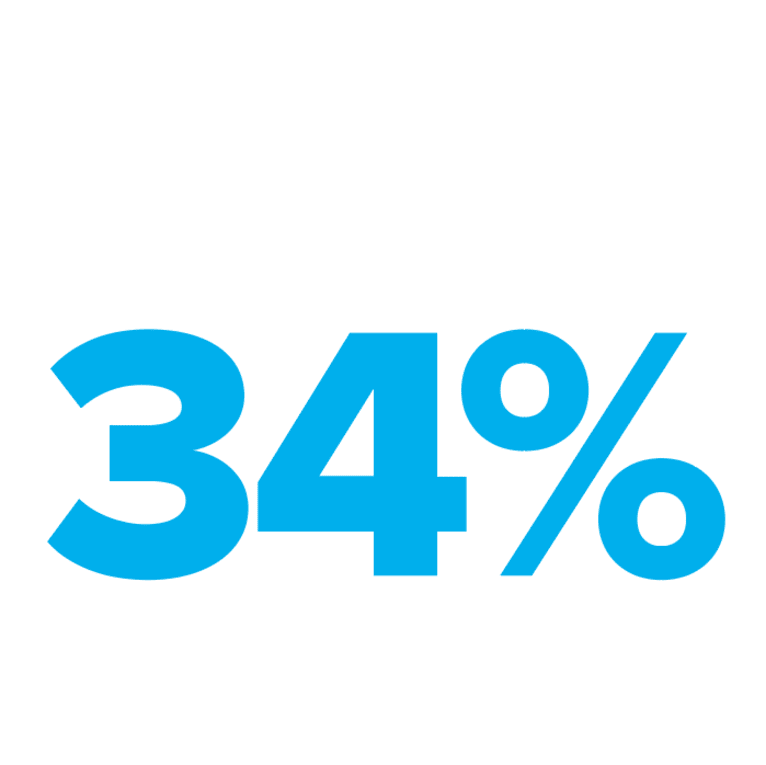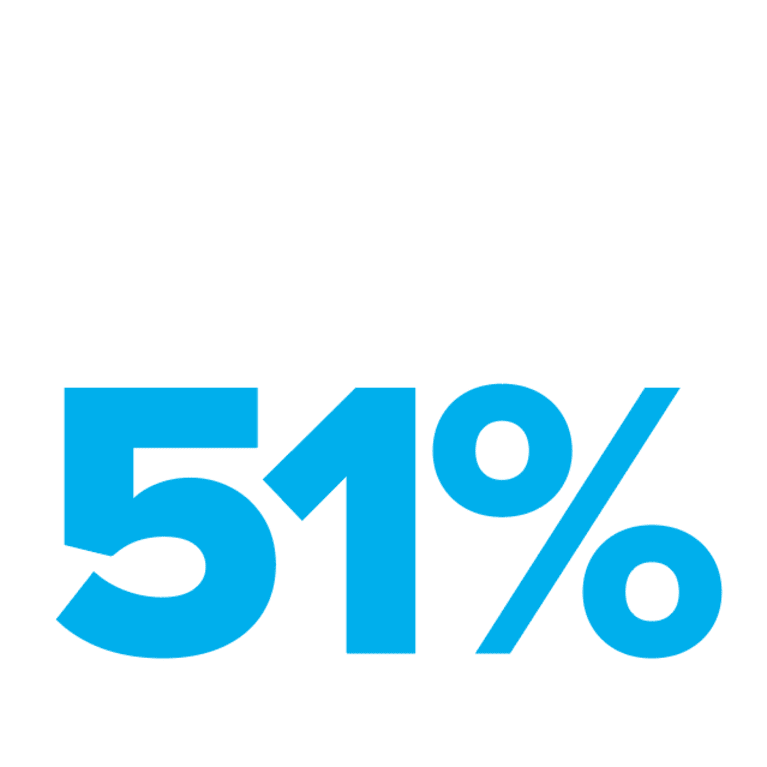Firing for Online Behavior
What happens online may not stay online. When is it appropriate to discipline employees for their past or present posts?
Introduction
The bombs people drop on social media can detonate right away or lurk like hidden land mines. In some cases, someone is terminated from a current job for recent problematic posts. Take comedian Roseanne Barr, for example, who tweeted this spring, “Muslim brotherhood & planet of the apes had a baby=vj,” referring to Valerie Jarrett, a black woman who served as a top aide to President Barack Obama. Barr quickly deleted the racist, Islamophobic post and issued an apology, but ABC executives still dropped her from her sitcom.
Or take Kenneth Storey, a University of Tampa visiting assistant professor who lost his job days after his tweet last summer suggested that the Texas victims of Hurricane Harvey were experiencing “instant karma” for voting Republican. Storey deleted his tweet, but not before a screenshot of it had gone viral.
In other instances, individuals lose a job for social media posts they made long before their employment began. That’s what happened to “Guardians of the Galaxy” director James Gunn, who was fired in July after comments he wrote on Twitter several years ago involving pedophilia and rape resurfaced. Even though Gunn said he regretted his words, it wasn’t enough to save his job.
When an employee posts something offensive, HR professionals are often on the front line of protecting the employer’s brand. Hiring managers also may be expected to act as defenders of the company if a candidate’s online posts have the potential to reflect poorly on the organization’s image.
Attorney Eric Meyer, who blogs about workplace issues, tracks news about employees whose offensive social media comments cause them to lose their jobs. He and other experts believe that this type of termination is becoming increasingly common.
“A firefighter, for example, who puts out a racist meme ... CEOs, public figures, you name it. The frequency with which I see incidents of people getting fired doesn’t seem to have declined. I don’t see any evidence that it’s getting corrected anytime soon,” says Meyer, a partner at FisherBroyles in Philadelphia.
Adding pressure to HR’s role is the ubiquity of social media and the speed at which comments can erupt into full-blown crises. “Sometimes, it’s not even a 24-hour news cycle anymore—it’s a 15-minute one,” says Betty Lochner, an HR consultant and owner of Cornerstone Coaching and Training in Olympia, Wash. “If you jump in there and get involved in a conversation that would’ve petered out on its own, that isn’t the best response either.”
But doing nothing may not be a viable option when business leaders are subject to intense pressure to terminate an employee who’s behaving badly. Determining how to respond is no easy task. HR professionals and executives must weigh the potential damage to a company’s image and reputation against their desire to foster a supportive workforce that doesn’t micromanage workers’ actions.
Can Workers Grouse About Their Jobs on Social Media?Businesses can bar the use of social media on the job, but they can’t stop employees from discussing work-related issues, whether they’re venting in the break room or posting on Glassdoor. As long as workers are engaged in a dialogue with each other, criticism of working conditions, pay rates and management is considered “concerted activity” protected by federal labor law. But that doesn’t give employees free rein to air their grievances. If people aren’t engaging in a conversation with co-workers, they can be fired for their online behavior. “An employer could terminate an employee for saying, ‘This employer’s a cheapskate, or cheats on my wages, or is stealing my tips,’ or whatever the issue is,” says attorney Mark Kluger. “If it’s not clearly part of an ongoing dialogue between that employee and co-workers, it’s not protected by the National Labor Relations Act.” Notably, even when employees are talking to one another, attacks on an employer that are unrelated to employment terms and conditions—an offensive remark about the CEO’s appearance, for example—can be a legal basis for termination. |
Crossing the Line
The Internet has obscured the boundaries between people’s personal and professional lives, as more workers friend and follow their colleagues. The result is that employees may become privy to details about their co-workers’ off-duty activities, including their political affiliation, religious beliefs, drug use or participation in controversial causes, that otherwise would’ve remained private.
“Social media has opened the door for us to know people’s intimate views on things that are not work-related,” says Joey Kolasinsky, SHRM-SCP, HR manager at Encore Electric Inc. in Denver.
As people conduct more business and socializing online, Facebook and Twitter have become 21st century watercoolers, where workers flock to grouse, joke and vent. “These are conversations that previously would have happened in someone’s home or in a bar or on a soccer field, and it would have gone under the radar,” says attorney John Polson, a partner with Fisher Phillips in Irvine, Calif.
But in today’s hyperconnected culture, an online comment or photo can spread like wildfire from one co-worker to another and then to multitudes of strangers.
In the early days of social media, business leaders thought they could keep tight control over workers’ use of the platforms. Less than a decade ago, many companies introduced policies forbidding workers from making any negative comments online about the employer, says attorney Mark F. Kluger, who has written more than 100 social media policies for corporate clients. Some employers even required workers to supply the passwords to their personal social media accounts—a practice that is now illegal in some states. 
‘Social media has opened the door for us to know people’s intimate views on things that are not work-related.’
—Joey Kolasinsky, SHRM-SCP
But starting around 2010, the National Labor Relations Board (NLRB) began fielding complaints from workers who had been disciplined for their online behavior. The NLRB warned employers that their social media policies could not punish workers for discussing wages, working conditions and terms of employment, all of which are considered “protected concerted activity.” That can include complaints about management, low wages and lazy colleagues, and those protections extend to nonunionized workers as well.
In addition, five states—California, Colorado, Louisiana, New York and North Dakota—protect employees from retaliation for engaging in lawful off-duty conduct and political activities, no matter how distasteful their colleagues may consider their affiliations. “If any companies in those states were to terminate an employee because they were a member of the Nazi Party, they might have a problem,” says Kluger, an attorney with Kluger Healey in Florham Park, N.J.
Workers can, however, be axed for engaging in hate speech and making disparaging comments about protected categories of race, religion and gender. They can also be shown the door for disclosing confidential information and trade secrets, defaming competitors or misrepresenting the company. In general, though, a business has great latitude in deciding whether to terminate for online behavior.
“It is entirely case by case,” Lochner says. “A company has to decide: What’s its reach? What’s the damage? There is no black-and-white answer.”
Don’t wait until a crisis erupts to decide which types of off-duty conduct are unacceptable. HR professionals, company leaders and other decision-makers should agree on a list of core company values so that they will know which behaviors violate organizational principles, Lochner says.
Ultimately, business leadership must determine which behaviors cross the line. That evaluation process could begin whenever an employer learns about a potentially problematic post. “There’s not a cutoff or a statute of limitations for information,” says Jeff Polsky, an employment lawyer with Fox Rothschild in San Francisco.
Key Components of Your Social Media PolicyAn effective and comprehensive social media policy should be included in your employee handbook. The policy should ask employees to:
|
Setting a Policy
A social media policy and related training can help employees better understand the importance of demonstrating professionalism online and provide guidance on what types of online conduct may lead to termination. The HR team at ad agency RPA in Santa Monica, Calif., provides its 750 employees with a company policy and training on managing perceptions in the workplace. A recent session covered how offhand online remarks can affect someone’s image and reputation.
 “We try to offer employees tools for understanding the implications of something you might express in the social space,” says Laura Small, vice president, director of people, at RPA. The training was especially well-received by recent college graduates, who had little prior instruction on the business etiquette of social media, despite being avid users of the technology.
“We try to offer employees tools for understanding the implications of something you might express in the social space,” says Laura Small, vice president, director of people, at RPA. The training was especially well-received by recent college graduates, who had little prior instruction on the business etiquette of social media, despite being avid users of the technology.
When employees misstep, the gaffes are usually due to what Small describes as “a lack of awareness” as opposed to malice. In one case, an employee saw a negative comment a colleague made online about the services of one of their company’s clients. The two employees were Facebook friends, and the content appeared on a personal page. The colleague contacted Small, who met with the person who made the post and explained why it was inappropriate. Mortified, the worker apologized. “We don’t want to kill free speech, but we want to be respectful of the clients we represent,” Small says.
Even a comprehensive social media policy cannot anticipate every instance where it might be applied. “There’s no one-size-fits-all,” Polson says. “You need a policy tailored to your specific business. And you don’t want to be too broad; you don’t have to have a policy for every decision you make.”
Striking a Balance
Many businesses monitor their online presence, receiving alerts whenever the company name appears in news coverage or is mentioned on social media. But employers should tread lightly when scrutinizing employees’ comments on their personal websites, blogs and social media accounts. The risks of performing such oversight outweigh any benefits, HR experts say. If an employee mentions a medical condition, pregnancy or disability that she has not disclosed to HR and is then terminated or laid off, she could claim that she was subject to discriminatory treatment as a member of a protected class. “Are they going to come back to me and say, ‘Hey, HR knew that I had cancer because they were following me’? Where is that line?” Kolasinsky asks.
The team at SnackNation, a rapidly growing snack-delivery service based in Culver City, Calif., takes a largely hands-off approach to its employees’ social media use, says Greg Waechter, head of people strategy. “I’d like to think we hire adults,” he says of the company’s 155 employees, many of whom are Millennials. “We don’t as a company have the time and bandwidth to monitor everyone’s social media, and if you do crack down on someone, you become the cop and the bad guy.”
Social Screening
Most employers do conduct some form of screening for the online behavior of job candidates. Last year, 70 percent of 2,380 hiring managers and HR professionals reported that they use online information to vet candidates, a CareerBuilder survey found. That’s up from 60 percent in 2016 and just 11 percent in 2006.
 Fifty-four percent opted not to extend a job offer to candidates whose social media presence raised red flags. Those deal-breakers included discriminatory comments about race, gender and religion; derogatory statements about former co-workers and their previous employer; and evidence that they supplied inaccurate information about their qualifications in their resume or application materials. However, a separate study by the Society for Human Resource Management found that 39 percent of HR professionals allow candidates to explain information of concern before they make a final decision on hiring.
Fifty-four percent opted not to extend a job offer to candidates whose social media presence raised red flags. Those deal-breakers included discriminatory comments about race, gender and religion; derogatory statements about former co-workers and their previous employer; and evidence that they supplied inaccurate information about their qualifications in their resume or application materials. However, a separate study by the Society for Human Resource Management found that 39 percent of HR professionals allow candidates to explain information of concern before they make a final decision on hiring.
Conversely, don’t think that a lack of an online presence will work in a candidate’s favor: 57 percent of hiring managers and HR professionals in the CareerBuilder survey said they were less likely to interview someone who was invisible online.
Still, not every company opts in favor of this form of screening. Reviewing a job candidate’s social media history can bias recruiters and screeners and short-circuit hiring decisions, says Carol Sampson, executive director of Foundations Human Resources Consulting in Lexington, Ky. “My strong preference is to rely on the validity and strength of your selection process to weed out or select candidates.”
But that can leave HR professionals and managers in the dark when a social media bomb detonates. So if you go that route, be sure to have a clear strategy in place for how to respond—and communicate your decision—should that happen.
[SHRM members-only how-to guide: How to Use Social Media for Applicant Screening]
New Frontiers
Social media has edged what once were personal beliefs and closely held opinions into the public realm. Retaining a bright line between the workplace and employees’ nonwork activities has become increasingly challenging.
“The rules governing behavior on social media are vague … and ever-changing, just as social media itself is changing,” Sampson says. “And much of what occurs on social media [happens] without our knowledge and therefore is impossible to manage.”
HR, workers and managers must continue to feel their way around in a world where their desire to engage with others online must be balanced against their expectations of privacy and restraint. “It’s amazing how much of a frontier the social space still is,” Small says.
June D. Bell is a San Francisco-based journalist who covers California labor and employment issues for SHRM.
Illustration by John R. Anderson Jr.


